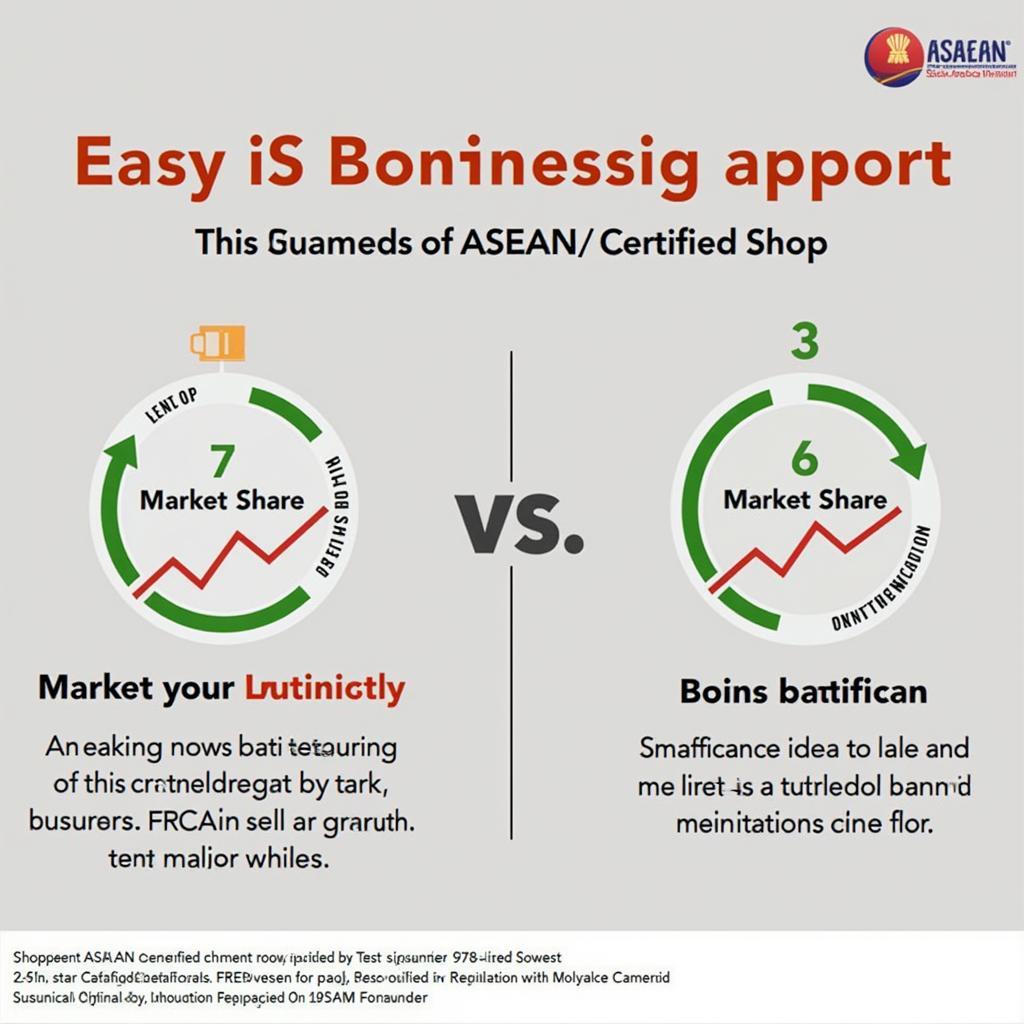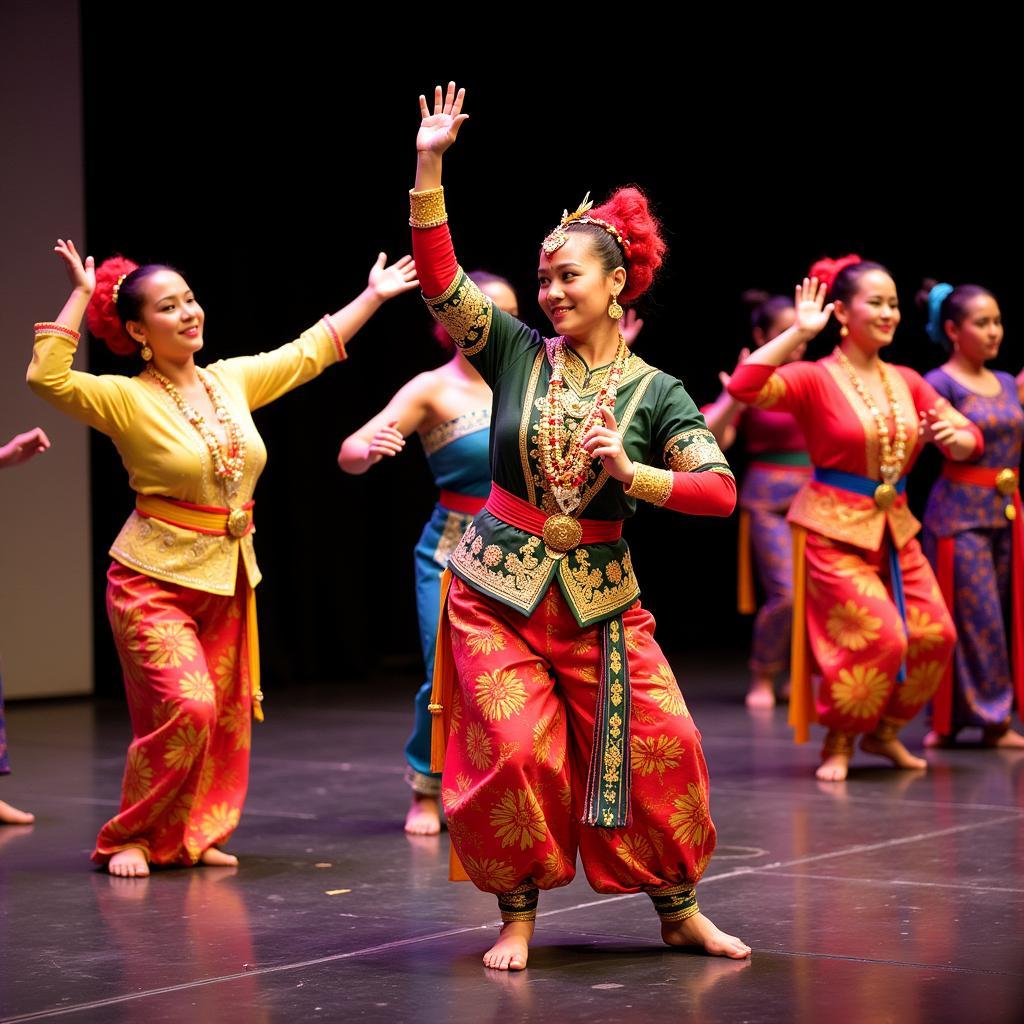The Association of Southeast Asian Nations (ASEAN) is a prominent intergovernmental organization in Southeast Asia. Many wonder, When Was Asean Formed? This pivotal moment in Asian history occurred on August 8, 1967, with the signing of the ASEAN Declaration (also known as the Bangkok Declaration).
This act marked the official establishment of ASEAN, solidifying the commitment of its founding members to regional cooperation and development. The five founding nations were Indonesia, Malaysia, the Philippines, Singapore, and Thailand. When ASEAN was formed, it signaled a new era of collaboration in Southeast Asia, focusing on political, economic, and social progress.
Why Was ASEAN Established in 1967?
The mid-20th century was a tumultuous period for Southeast Asia, marked by political instability, Cold War tensions, and the looming threat of communism. The formation of ASEAN in 1967 was a direct response to these challenges. The founding fathers envisioned a unified front to promote peace, security, and prosperity within the region. 4 reasons why asean was formed include promoting regional stability and cooperation.
Key Motivations Behind the Formation of ASEAN
- Regional Stability: ASEAN aimed to create a platform for peaceful dialogue and conflict resolution among its member states, mitigating the risk of regional conflicts.
- Economic Cooperation: Recognizing the potential for mutual economic growth, the founding members sought to foster trade and investment within the region.
- Social and Cultural Development: ASEAN also aimed to promote social progress, cultural exchange, and educational cooperation among its members.
- Collective Security: The organization sought to strengthen regional security by coordinating defense policies and fostering a sense of shared responsibility for regional stability.
How Has ASEAN Evolved Since 1967?
Since its inception in 1967, ASEAN has undergone significant expansion and transformation. Initially comprising only five members, it has grown to encompass ten Southeast Asian nations. Brunei Darussalam, Vietnam, Laos, Myanmar, and Cambodia joined later, further solidifying regional integration. ASE global news covers this expansion and its impact.
ASEAN’s Expansion and Growing Influence
The organization’s focus has also broadened over time. While initially centered on political and security cooperation, ASEAN now plays a crucial role in promoting economic integration, social development, and cultural exchange within the region. Its influence extends beyond Southeast Asia, engaging with global partners on various issues of international importance. ASEAN business news topics highlight the economic growth and integration within the ASEAN region.
“The formation of ASEAN was a visionary act,” says Dr. Anya Sharma, a prominent Southeast Asian historian. “It laid the foundation for a more integrated and prosperous region, capable of addressing shared challenges and seizing collective opportunities.”
When Did the Other ASEAN Countries Join?
The expansion of ASEAN beyond its five founding members has been a gradual process, reflecting the evolving political landscape of Southeast Asia. Brunei Darussalam joined in 1984, followed by Vietnam in 1995, Laos and Myanmar in 1997, and finally Cambodia in 1999. This expansion solidified ASEAN’s position as the primary regional organization in Southeast Asia.
“The inclusion of all ten Southeast Asian nations in ASEAN has been a crucial step towards realizing the organization’s vision of a truly integrated and cohesive region,” observes Dr. Wei Ming Lee, a leading expert on ASEAN affairs. “This expanded membership has allowed for greater collaboration on issues of regional importance and strengthened ASEAN’s voice on the global stage.”
Conclusion
The formation of ASEAN in 1967 was a watershed moment in Southeast Asian history. It marked the beginning of a new era of regional cooperation and integration, driven by the shared aspirations of its founding members. Over the decades, ASEAN has evolved and expanded, becoming a vital force for peace, stability, and prosperity in Southeast Asia and beyond.
Need support? Contact us 24/7: Phone: 0369020373, Email: [email protected], or visit us at: Ngoc Lien Village, Hiep Hoa, Bac Giang, Vietnam.


